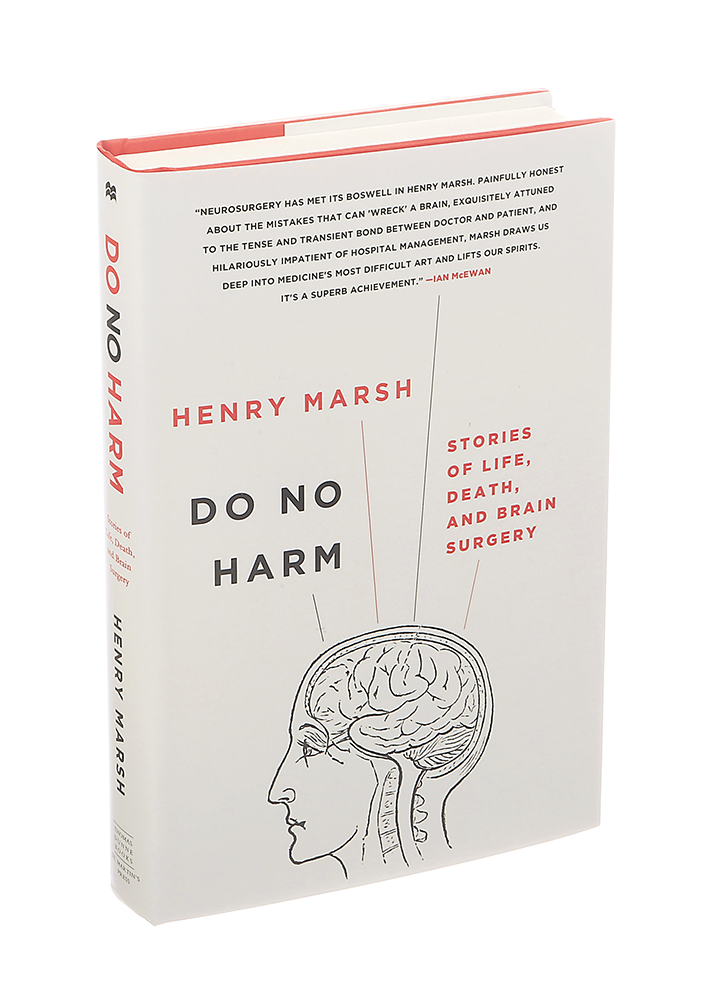I recently read neurosurgeon Henry Marsh’s excellent book, Do No Harm. Here is a man working in the one of the most complex, dangerous and exacting disciplines, where the majority of patients have very low chances of recovery.

As a concept, “do no harm” is part of the Hippocratic oath taken by doctors. Halfway through the book, Marsh comes to the realisation that the correct decision is often to do nothing at all. The brave choice is often to park all of your skill and expertise and effectively give up on the patient.
Why?
Because, in some cases, attempting to change that patient’s life in a positive way will most likely either do the reverse, or even end it—robbing them of whatever time they may have had left if they’d been left alone.
A dilemma in our distinctly proactive world
The idea of doing nothing or giving up being the right decision is an interesting concept in a world where proactivity, taking action and always looking for improvements is the gold standard.
That got me thinking about my world. In a vastly less significant way than in Marsh’s world, I sometimes face the same dilemma.
Today, I facilitated a course in presenting and, in one of the breakouts, a particular delegate did a brilliant job. She did everything right. As far as feedback was concerned, there was nothing but good stuff to say.
As I started giving her feedback, I was aware of my inner voice saying “but you are the expert facilitator… you need to give her some constructive development feedback as well!”. Thankfully, I resisted the temptation. To have invented some nitpick or minor point may not only have failed to add anything to her skills but could actually demotivate or lead to overthinking and spoil what she had achieved. So I left it alone and was glad I did. Do no harm.
Giving up to get on…
And then, I was reminded of Stuart Little 2—a big favourite film of both my daughters when they were younger—in which the Cat is a character who complains a lot, but is always reluctant to do anything to change the situation. The Cat keeps trying to give up. “Why can’t we give up? More people should give up. There would be fewer wars if we gave up more!” Brilliant!
Stuart Little 2 seems to pre-date the surge of ideas in the corporate world around celebrating failure—to fail fast and learn from it, rather than keep at it and go deeper down a rabbit hole you may never emerge from.
I don’t know the answer here, but do I wonder whether there needs to be more of a balance between the laudable impetus to strive for excellence and improvement, and the less fancied choice of doing nothing.
But what I recommend you absolutely do is read the book!

David Solomon
Managing Director, Sun and Moon Training
